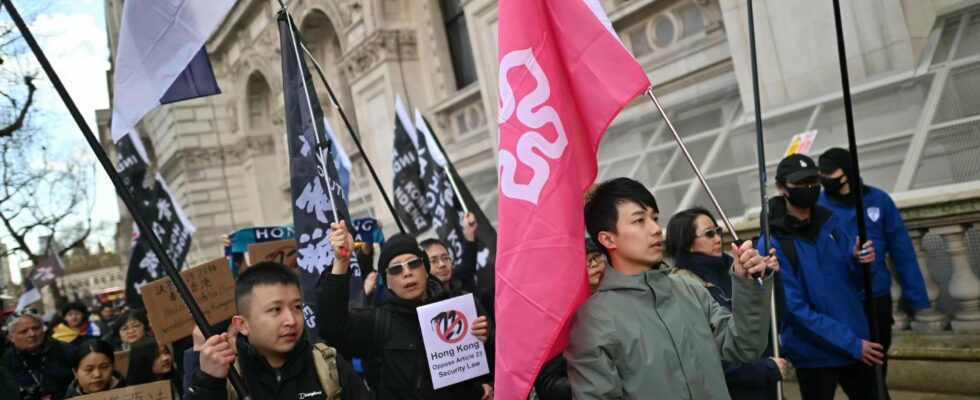Loss of nationality, travel bans, retention of identity documents or refusal of consular services: authoritarian states repress their opponents by hindering their freedom of movement abroad, warns this Thursday, August 22 the American organization Freedom House.
In its annual report on “transnational repression”, or the projection by these regimes of their coercive apparatus onto their nationals outside their borders, the democracy promotion NGO underlines that these restrictions on movement constitute an “often less visible” element of their arsenal. The phenomenon of “transnational repression” came to light with the assassination of Saudi journalist Jamal Khashoggi at his country’s consulate in Istanbul in October 2018. He had come there to collect documents so that he could marry his Turkish fiancée.
In total, 55 states use at least one of these four types of restrictions on the freedom of movement of their citizens, according to the report, based on interviews with 31 affected people from Belarus, India, Nicaragua, Rwanda and Saudi Arabia. These measures can target both individual dissidents, such as Hong Kong democracy activists exiled in the United Kingdom, whose passports were revoked in June, and entire groups such as Eritreans abroad, the NGO notes.
“I have no legal identity”
The most serious measure, the stripping of nationality, is most widespread in the Middle East: over the past decade it has affected hundreds of people in Bahrain, Egypt, Kuwait and the United Arab Emirates. In 2023, the Nicaraguan government stripped 222 detained opponents of their nationality after deporting them to the United States. “I have no legal identity in Nicaragua and my children have no father or mother because neither their father nor their mother exists” in the eyes of the authorities, the founder of the Confidencial news site Carlos Fernando Chamorro told Freedom House.
Among the 55 states, at least 40 impose bans on leaving or entering the country, the most common method of restricting movement, according to the report. In many cases, such as India or Saudi Arabia, the list is not official, and the people targeted only learn about it at the airport or through rumors. In addition, 38 of these states hinder the movement of their nationals by checking travel documents, mainly by revoking or confiscating their passports or refusing to issue them. And 12 deny them access to their consular services abroad, the NGO specifies. With serious consequences on a daily basis, for opening a bank account or registering the birth of a child.
In its recommendations, Freedom House urges democratic states to review their immigration and asylum policies to ensure that they do not encourage such practices.
